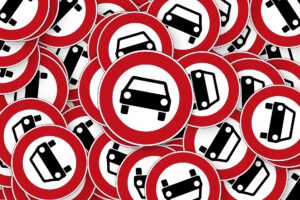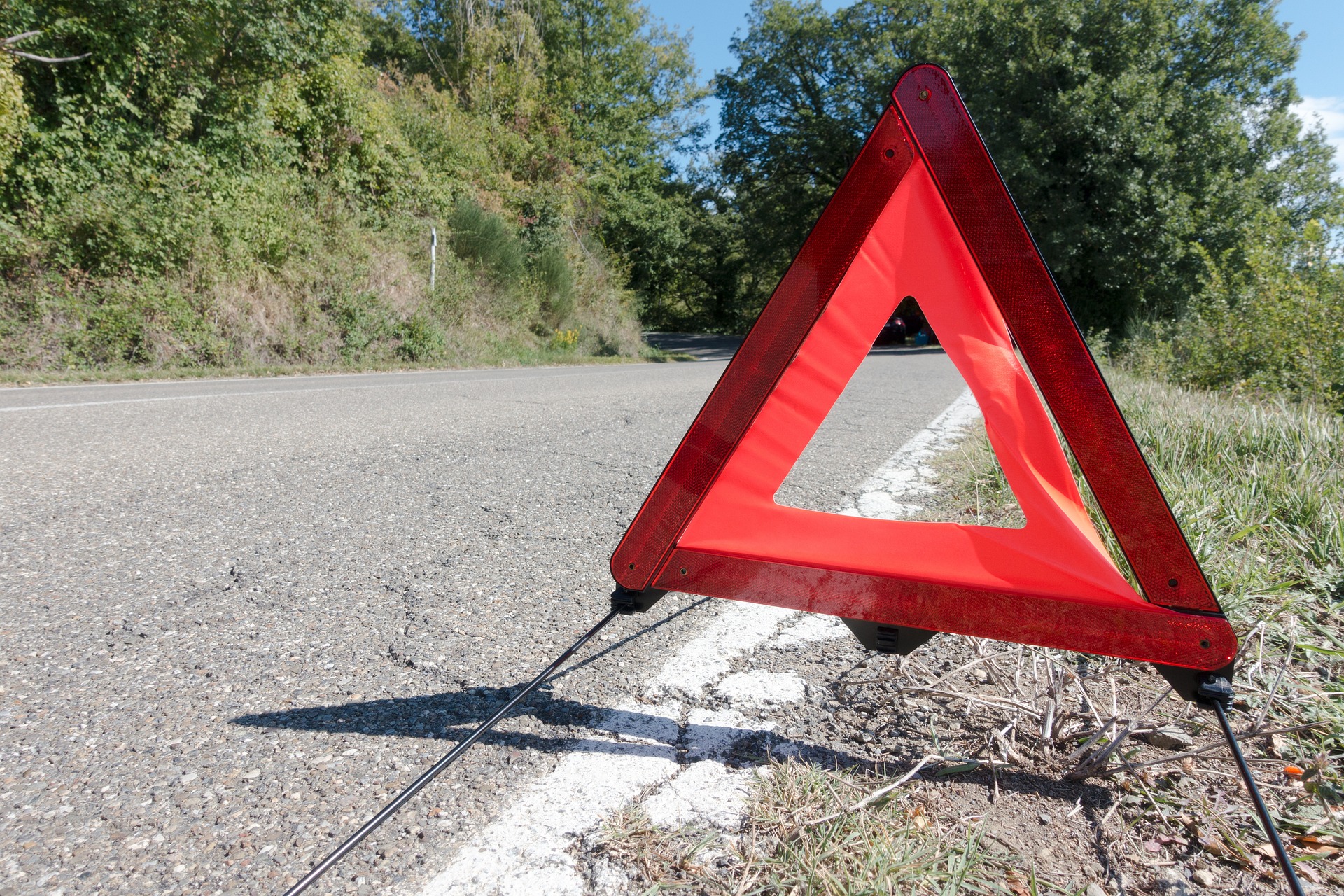The other day a warning light came on in my car. I remember having the thought, “you have to be kidding me” I have a fairly new car and felt as if it was too early for this car to start having problems. After some time, I recognized it didn’t matter what I thought or felt about the situation, the fact was there was a warning light on, and having it checked out was the most effective thing for me to do. Now, I won’t bore you with all the details of my car service experience but I will say it was a relatively easy fix that could have turned out to be much much worse…something that would have been way more time-consuming and expensive to fix had I not addressed the problem right then and there. That led me to reflect on how I handled car problems in the past.
Back in my younger years, let’s just say I wasn’t as concerned about a warning light coming on, and if I’m being totally honest there was more than one on at a time sometimes. I would notice that it was there but didn’t see any other signs of a major issue so I proceeded on with my life. You may see where this story is going…if not, let me tell you, it doesn’t end up well.

Long story short, fast forward a few months and I’m stranded on the side of the highway with an overheating car. I’m crying to my father who is hundreds of miles back in my hometown. He is unable to physically help the situation right now. All he could do was suggest I call a tow truck and have it taken to the nearest car service place, and that’s what I did. In all, I now had more problems than I started with: getting my car fixed ended up costing more money than I had at the time, I was out of car for several days, and overall felt angry at myself for literally ignoring the warning signs that were right in front of my face.
Now, you might be thinking how in the world does this have ANYTHING to do with DBT? I’m glad you asked! In DBT there is a set of skills called Distress Tolerance. Within this set of skills, there is a subset called crisis survival skills. These skills are designed to help us from making things worse when we are already in a difficult or painful situation. Doing these skills makes the present moment a little bit easier, helps stop you from acting on your emotions, and helps you from not engaging in behaviors that will end up making things worse.
In my overheating car experience, I made things worse by deciding to continue driving a car that needed some sort of service. That decision clearly didn’t solve the problem, it actually gave me more problems that I needed to solve.

In this example, your body and brain are the car. They give you warning signs telling you something is wrong. You are tasked with making the decision of either doing something about it (having the warning lights checked out soon after they go off) or making the situation worse (continuing to drive the car). Crisis survival skills can temporarily cool you down enough to then proceed with behaviors that give you a better chance of solving the problem and not making the situation worse!
About the Author
Desirae Allen (she/her), Psy.D., is a licensed clinical psychologist that specializes in dialectical behavior therapy. Desirae works with teens and adults, creating a compassionate and judgement-free space, where clients can find wellness and recovery. Desirae believes that DBT can make a long-term difference in people’s lives, and she strives to work collaboratively with her clients to provide adherent DBT. Click Here to learn more about Desirae’s experience and therapeutic style.

